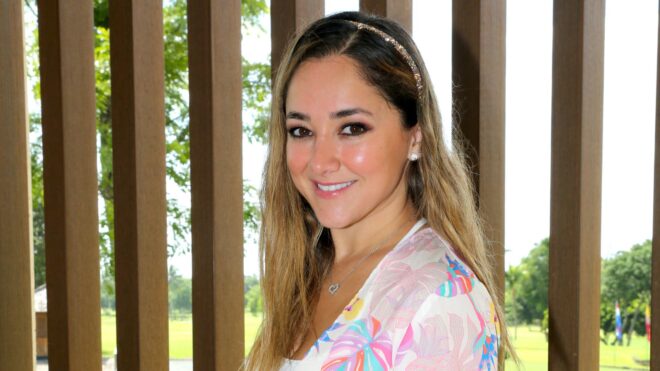For parents, naptime can be far from catching the ZZZ's. After the newborn period, babies and toddlers still require two naps a day, on average. Getting them to fall asleep could be a challenge at times and these common mistakes definitely don't help the situation. Here's what to avoid.
More from MamásLatinas: 10 Beautiful bilingual baby names we love
Image via iStock
Not committing to a nap schedule.

As early as 4 to 6 months, babies can adjust to a sleep schedule. Try to find a consistent pattern that works for your family.
Keeping your baby up late.
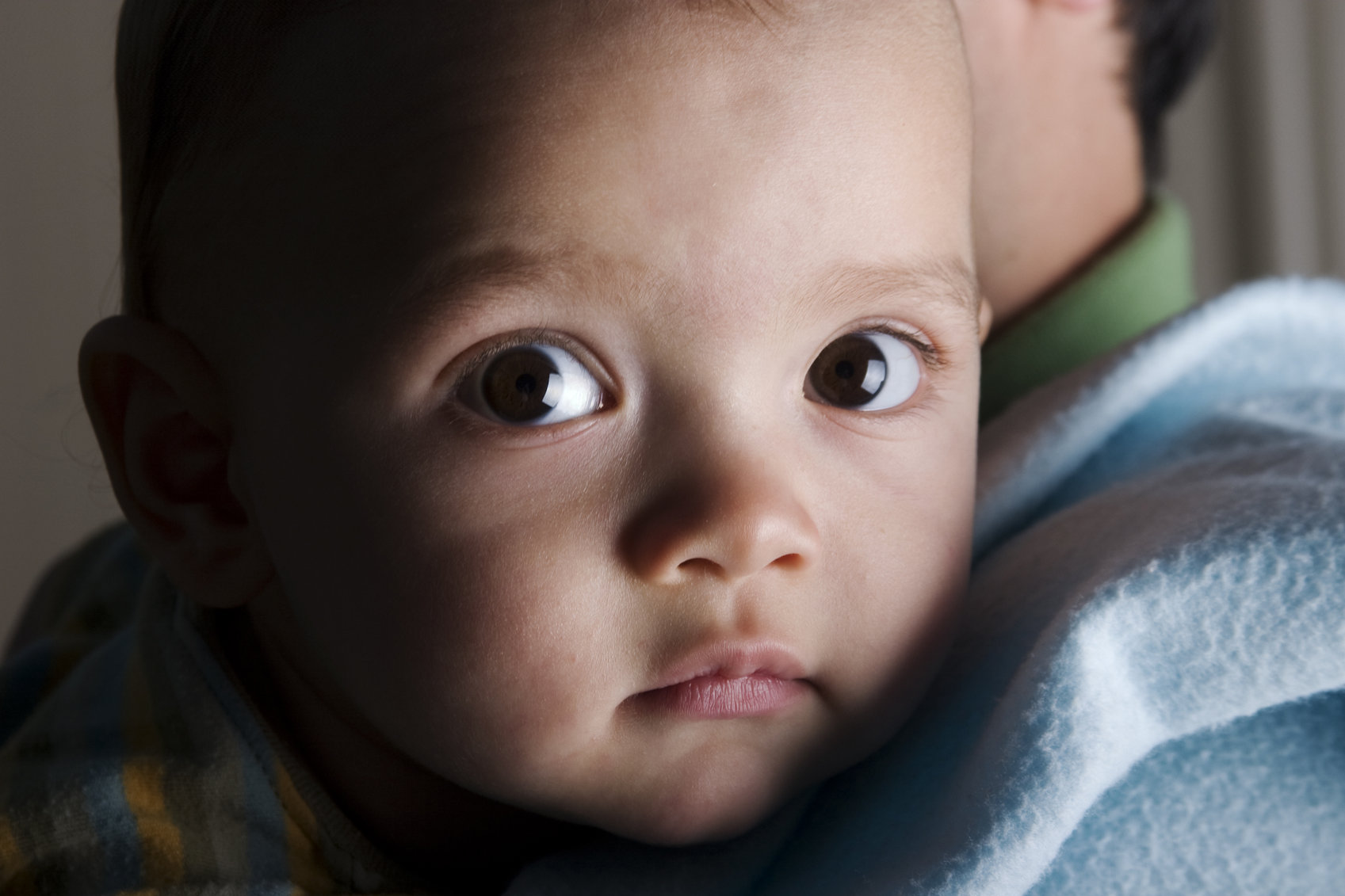
Babies benefit from having a consistent sleep schedule, which means 11 hours of sleep a night.
Napping strictly in car seat or stroller.
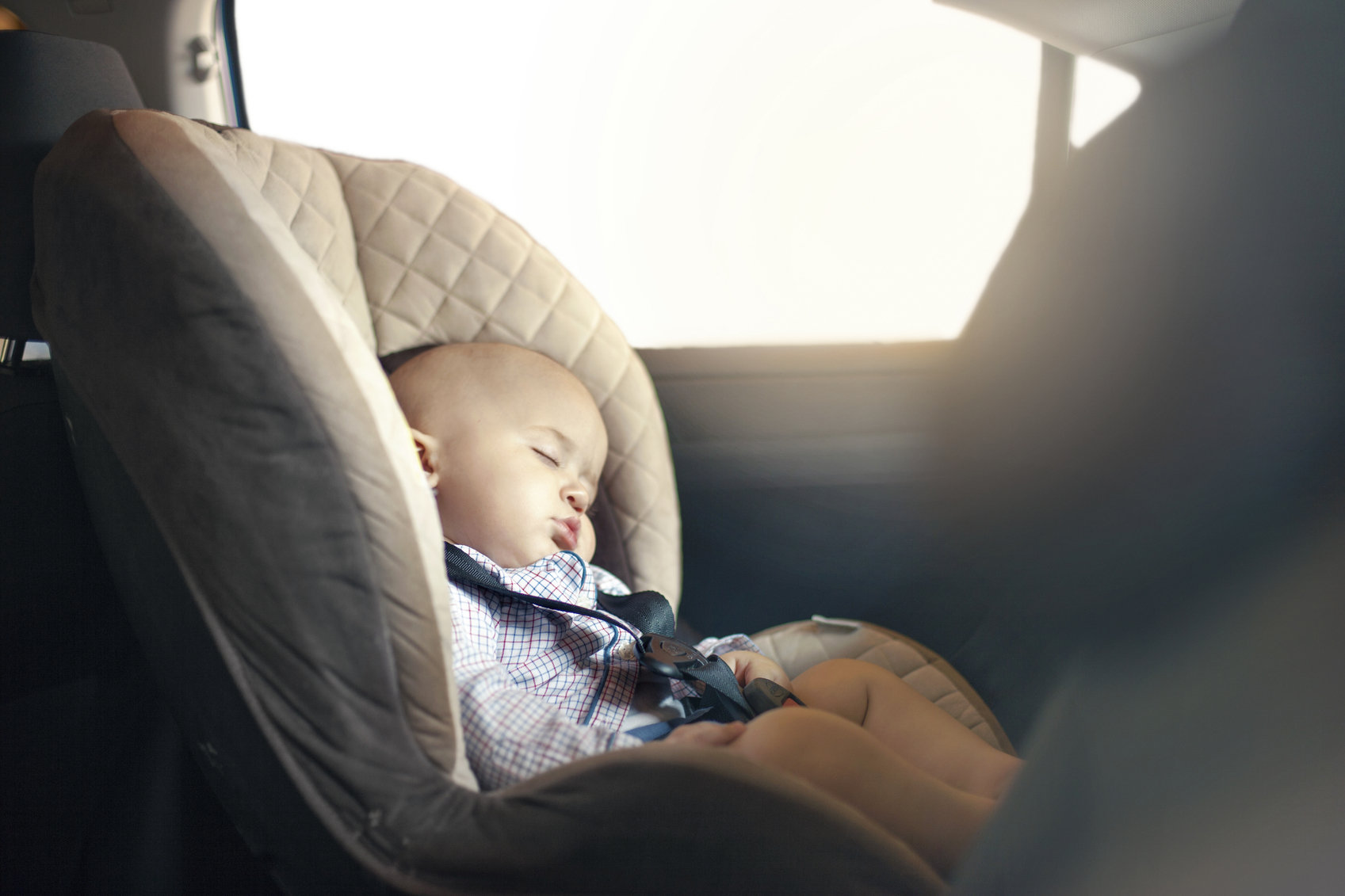
The issue with this method is that you need a car seat or stroller on hand to have your baby sleep peacefully. Get them used to their crib being the primary space for sleep.
Thinking your baby needs silence.

Your baby is used to being in the womb, which is loud as heck! They can take a bit of background noise so there's no need to freak out.
Don't wake them up for their nap.

I made this mistake several times. You want your baby to get all of the rest they need and determine when they're ready to wake up. Sleep is nourishment, which is just as important as milk or snack time.
Not creating a routine.

Not creating a routine will make it easier for your baby to skip naptime altogether. Make it a must-do.
Not letting your child nap in the crib.
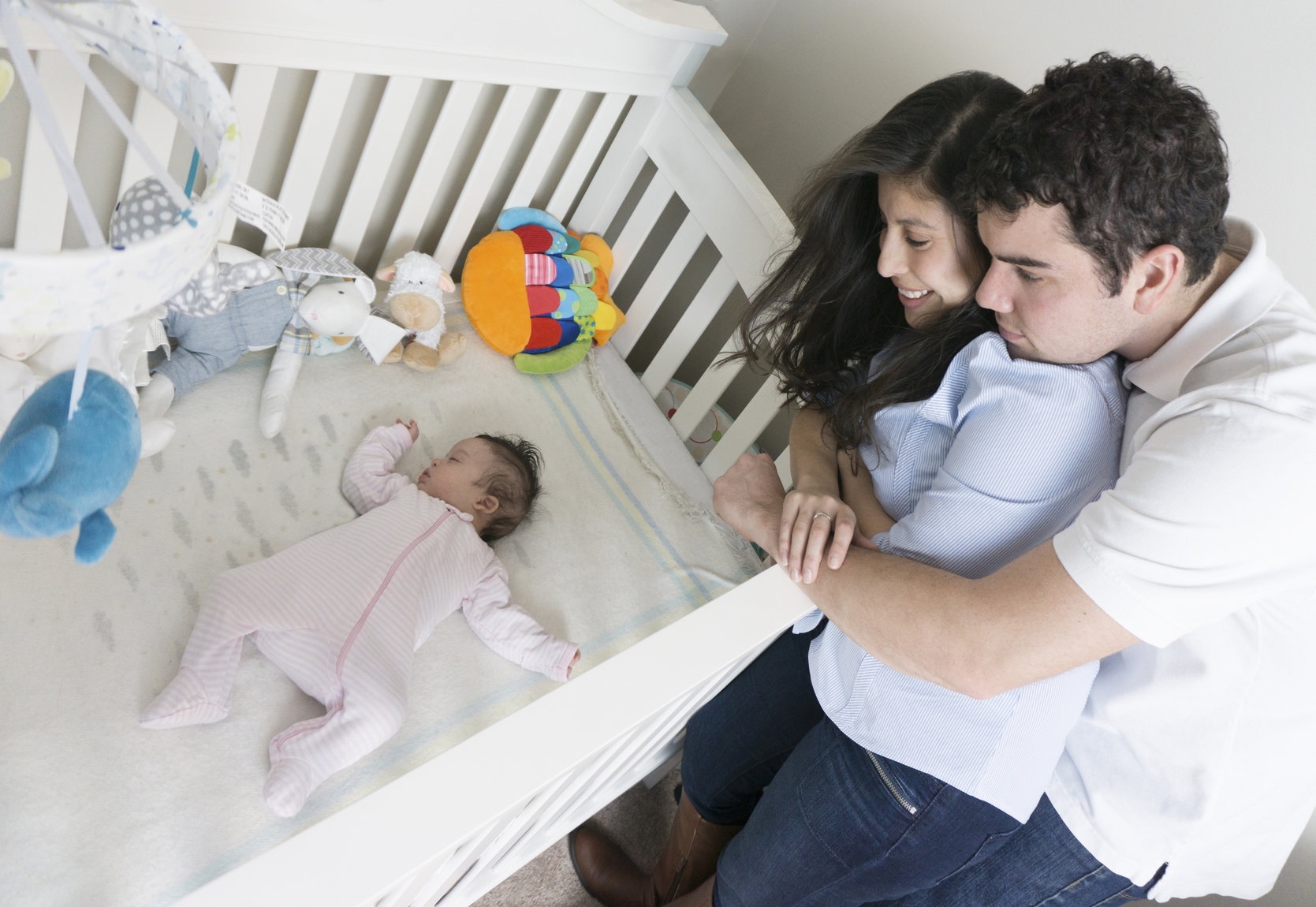
Babies pick up on signals easily. Once they're placed in their crib, it should signal to them that it's time to sleep. This will make it easier for you in the long run.
Getting them used to co-sleeping.
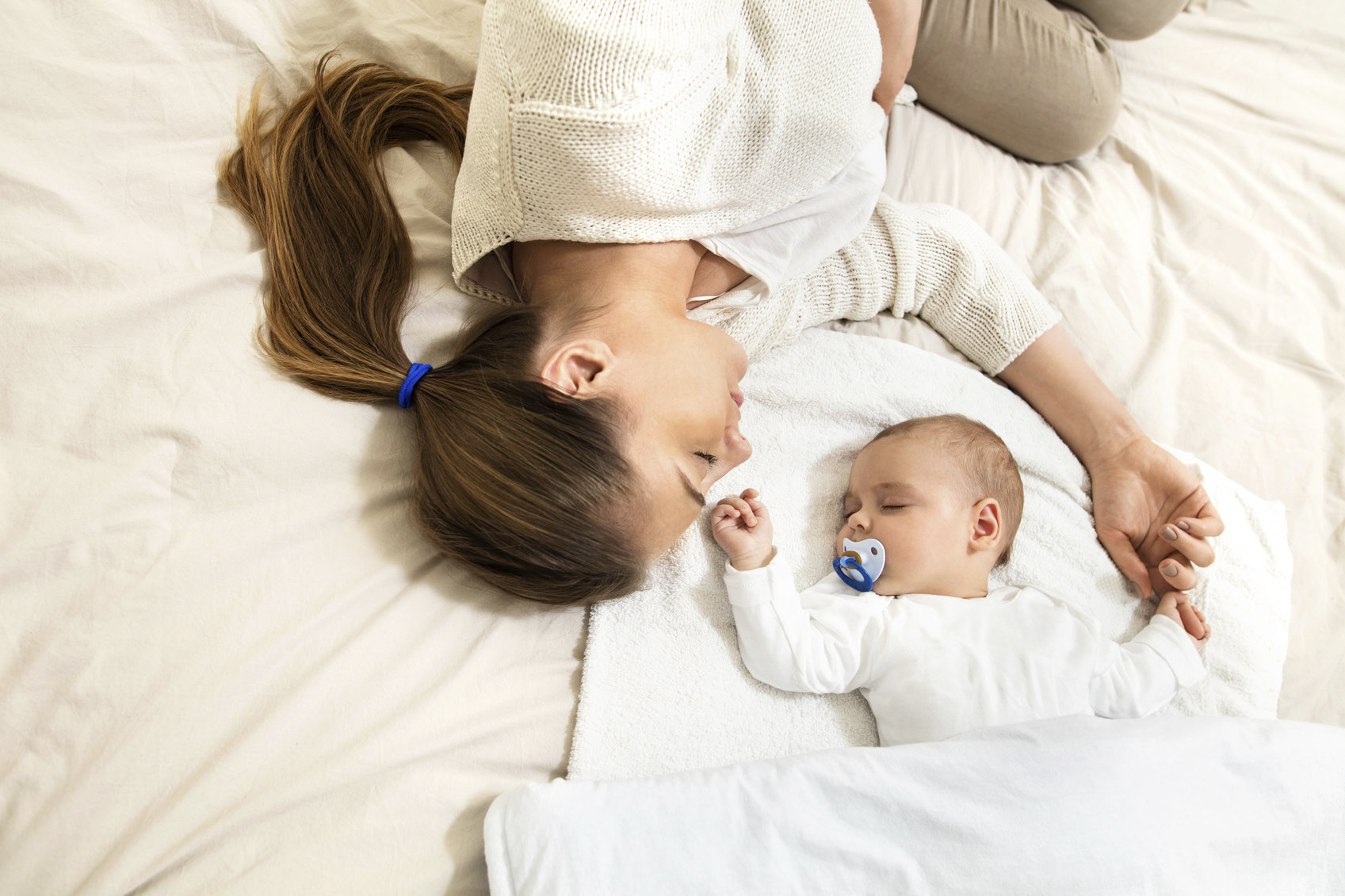
Co-sleeping is great–up until they roll around and are restless throughout the night. Create a gradual transition if it's something your child is already used to.


